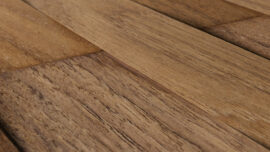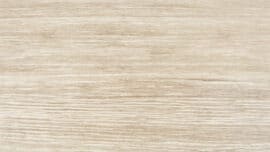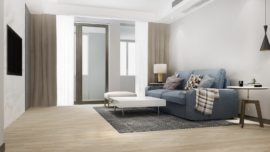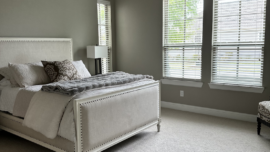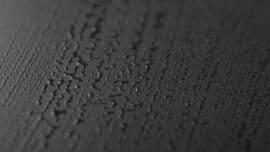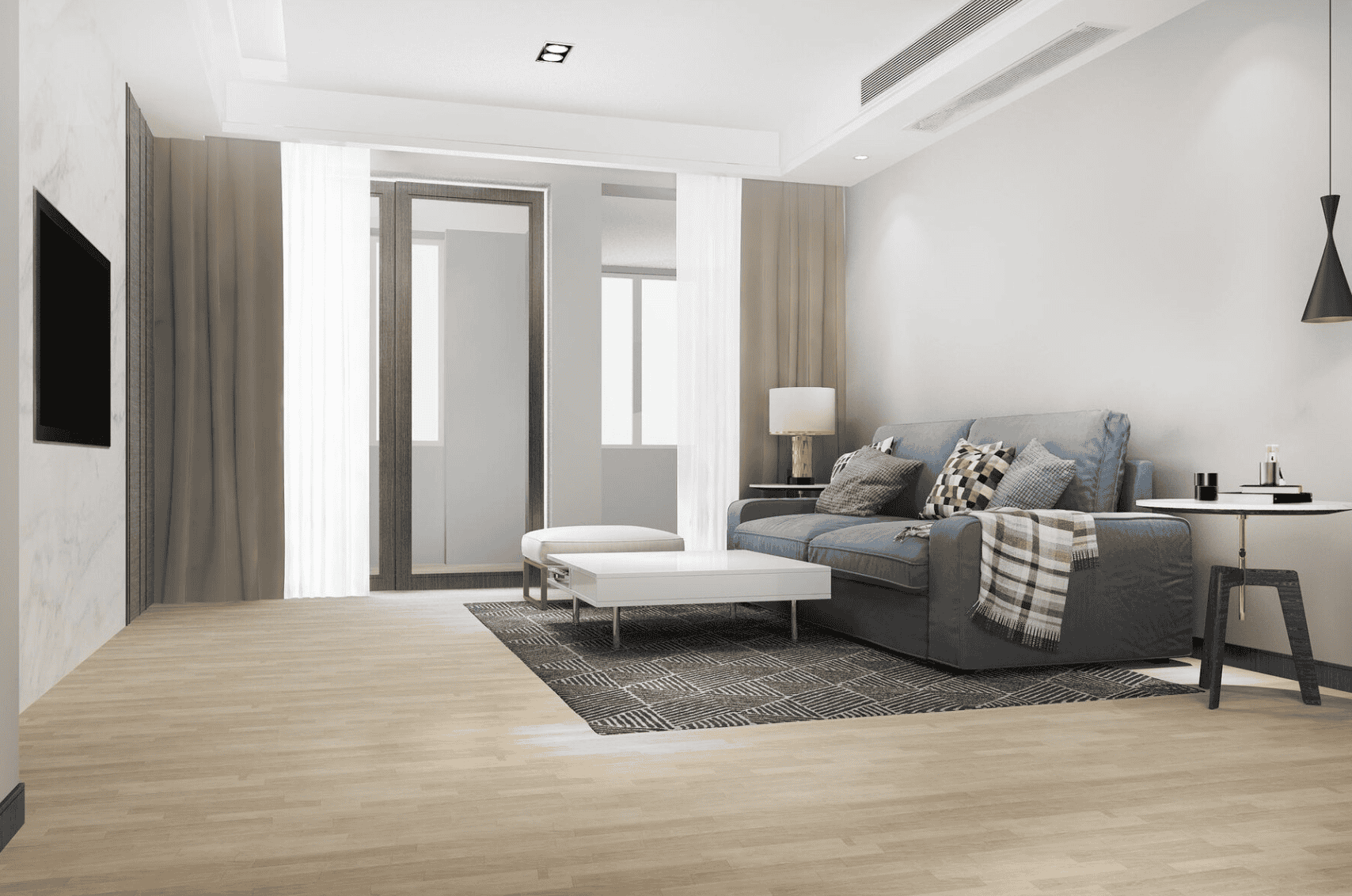
Homeproof Flooring: The Ultimate Guide to the Most Durable Options on the Market
When it comes to flooring, durability is often a top priority for homeowners. Whether you have a bustling household with kids and pets or simply want peace of mind knowing your floors can withstand daily wear and tear, choosing the most durable flooring option is essential. In this guide, we’ll explore some of the most resilient flooring materials available, helping you make an informed decision for your home.
1. Laminate Flooring
Laminate flooring is a budget-friendly option that doesn’t compromise on durability. With its layered construction and tough wear layer, laminate flooring is highly resistant to scratches, dents, and stains. It’s easy to install and maintain, making it a popular choice for busy households. Plus, laminate flooring comes in a variety of styles, including wood, stone, and tile looks, allowing you to achieve the desired aesthetic without sacrificing durability.
2. Engineered Hardwood Flooring
Engineered hardwood flooring combines the timeless beauty of hardwood with added durability and stability. Constructed with multiple layers of wood veneer, engineered hardwood is less susceptible to warping and shrinking in moisture-prone environments compared to solid hardwood. With proper maintenance, engineered hardwood can last for decades, making it a worthwhile investment for any home.
3. Luxury Vinyl Flooring
Luxury vinyl flooring has skyrocketed in popularity in recent years, and for good reason. This versatile and durable flooring option is engineered to withstand heavy foot traffic, scratches, and spills. With advanced technology, luxury vinyl can mimic the look of hardwood, stone, or tile, offering a wide range of design options for any space. Additionally, its waterproof properties make it ideal for areas prone to moisture, such as kitchens, bathrooms, and basements.
4. Porcelain Flooring
Porcelain tile is renowned for its exceptional durability and resilience. Fired at high temperatures, porcelain tile is dense and resistant to scratches, stains, and moisture. It’s an excellent choice for high-traffic areas like entryways, kitchens, and bathrooms, as well as outdoor spaces like patios and decks. With endless color and texture options available, porcelain tile offers both durability and aesthetic appeal.
Conclusion
When it comes to choosing the most durable flooring for your home, there are several options to consider. Luxury vinyl, porcelain tile, engineered hardwood, and laminate all offer exceptional durability and resilience, making them ideal choices for various spaces and lifestyles. Take into account factors such as budget, maintenance requirements, and design preferences when selecting the best flooring option for your home. With the right choice, you can enjoy beautiful and long-lasting floors for years to come.
FAQ About Homeproof Flooring
- What are the benefits of luxury vinyl flooring?
Luxury vinyl flooring offers a range of benefits, including exceptional durability against heavy foot traffic, scratches, and spills. Additionally, it provides versatility in design, mimicking the appearance of hardwood, stone, or tile, and is waterproof, making it suitable for moisture-prone areas like kitchens and bathrooms.
- How does engineered hardwood flooring differ from solid hardwood?
Engineered hardwood flooring combines the beauty of hardwood with enhanced durability and stability. Unlike solid hardwood, engineered hardwood is constructed with multiple layers of wood veneer, making it less susceptible to warping and shrinking in moisture-prone environments. With proper maintenance, engineered hardwood can last for decades, making it a valuable investment for any home.
- What makes concrete flooring a suitable option for homeowners?
Concrete flooring, although unconventional, offers exceptional durability and versatility. Sealed concrete floors are highly resilient against scratches, stains, and moisture damage. Moreover, they can be customized through staining, polishing, or stamping to match various style preferences, ranging from modern to industrial.


